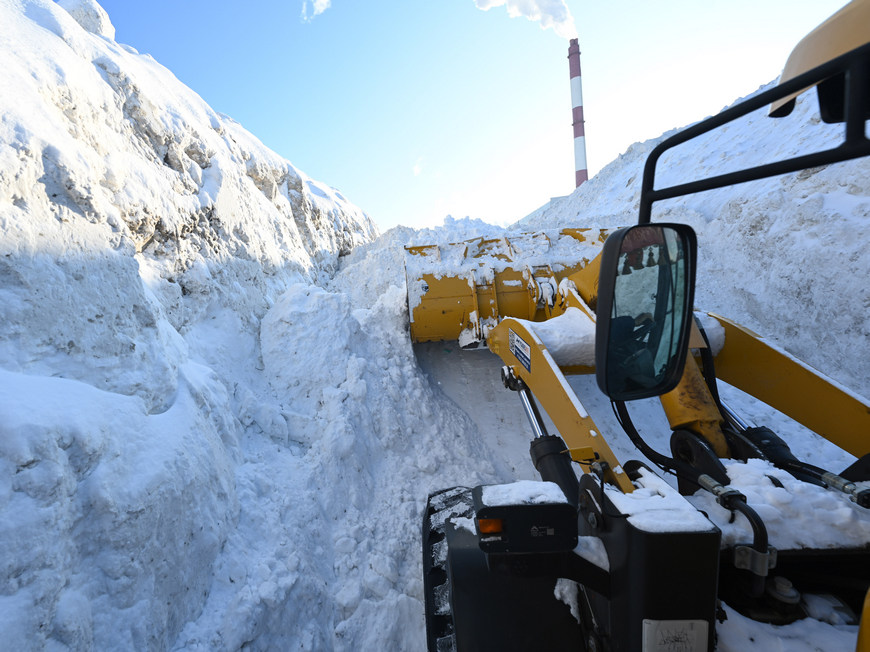The quality of public transport services can help reduce the burden of the
road network, reduce congestion and harmful emissions into the atmosphere. This
view was shared by the Mayor of Kazan, President of the UN Advisory Committee
of Local Authorities (UNACLA) Ilsur Metshin at the regional meeting for the
Asia-Pacific, which takes place on June 9-10 in Bangkok.
For two days, experts from different countries discuss the development of
urban transport, its safety and efficiency in online and offline formats. Kaveh
Zahedi, Deputy Executive Secretary of the United Nations Economic and Social
Commission for Asia and Pacific (ESCAP), welcomed the participants at the
beginning of the meeting.
Ilsur Metshin joined the discussion via videoconference.
The Mayor of Kazan said that a single route network has been developed in
the capital of Tatarstan, the public transport vehicle fleet is being updated,
and in particular, gas-engine fuel buses that meet high environmental standards
are being purchased. “Thanks to regular changing, the average age of the Kazan
public transport vehicle fleet is 4.5 years, - the Mayor noted. – All vehicles
are low-floor, providing the accessibility of transport to the elderly and
people with disabilities”.
In Kazan, the adaptive traffic control system (ATSC) of the fifth
generation is being operated.
In addition, measures on reduction congestion increase the road capacity and
speed of traffic have been taken in the capital of the republic of Tatarstan. In
particular, a single parking space has been created, left turns have been
canceled at certain intersections, the entry of trucks into the downtown has
been restricted, and lanes for public transport have been dedicated.
Some of the projects aimed at improving transport services, reducing
traffic congestion and, as a result, emissions of harmful emissions into the
atmosphere, are implemented in cooperation with the UN.
“We should support international cooperation, look for new formats and
share best practices, - I.Metshin said. - The new reality forces us to adjust
previously developed sustainable development programs”.
Today and tomorrow, on June 10, working sessions and plenary discussions on
the work of urban transport will take place.
